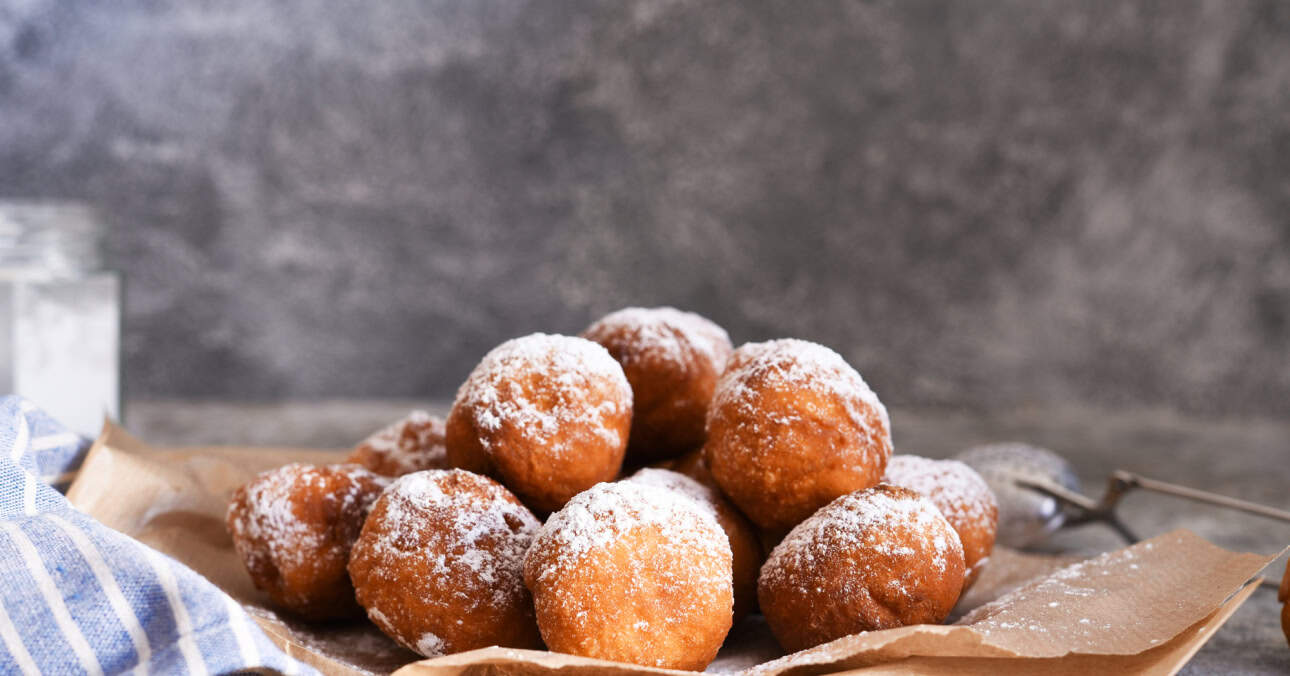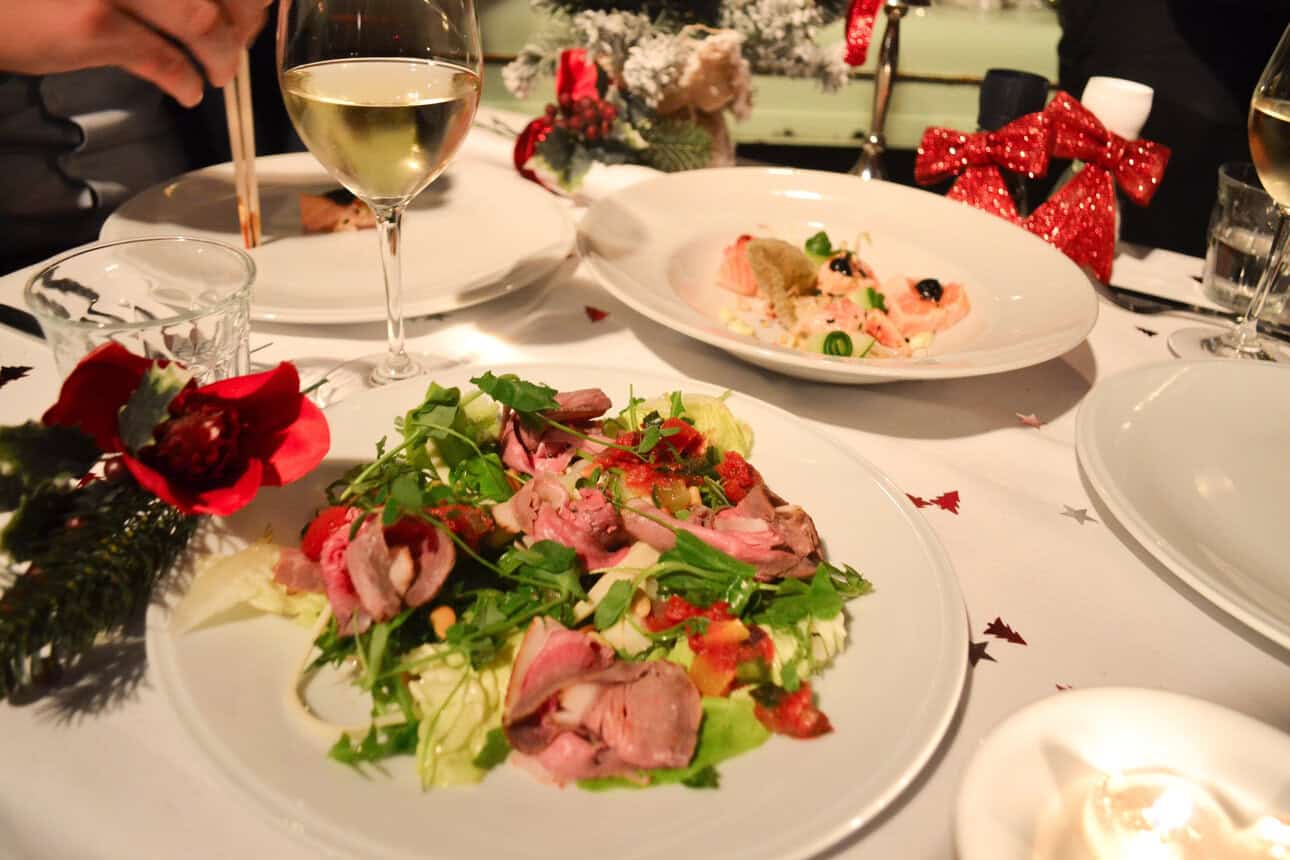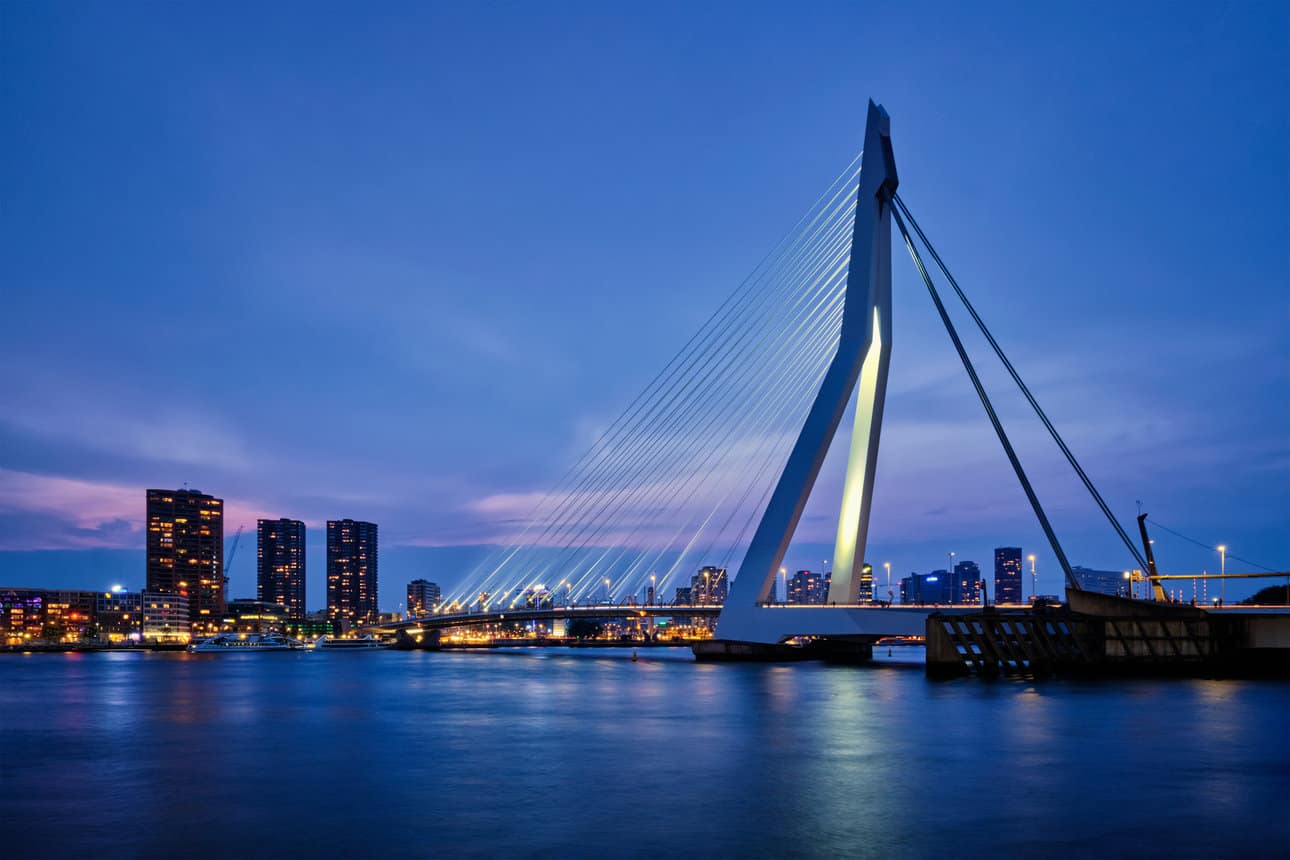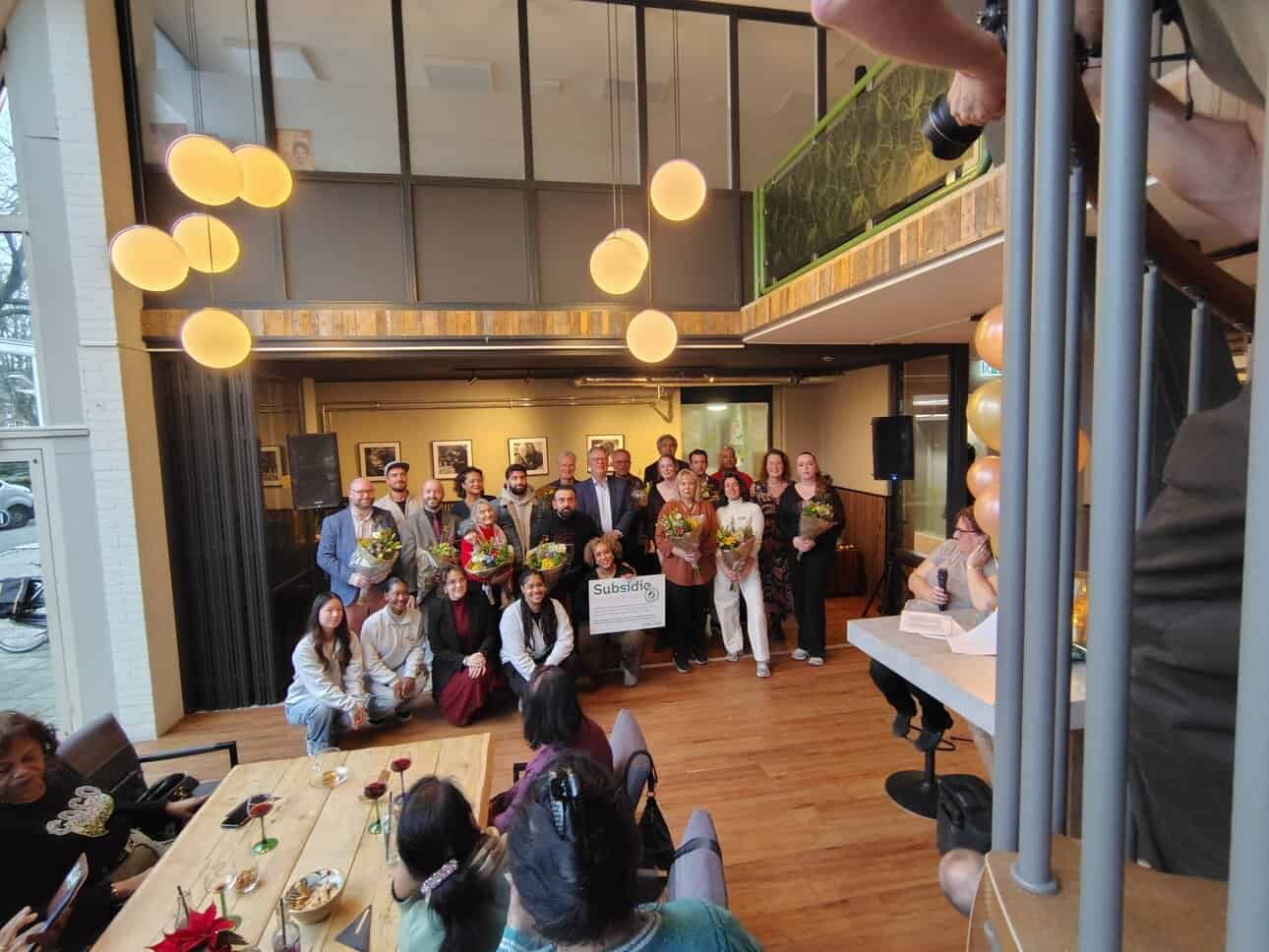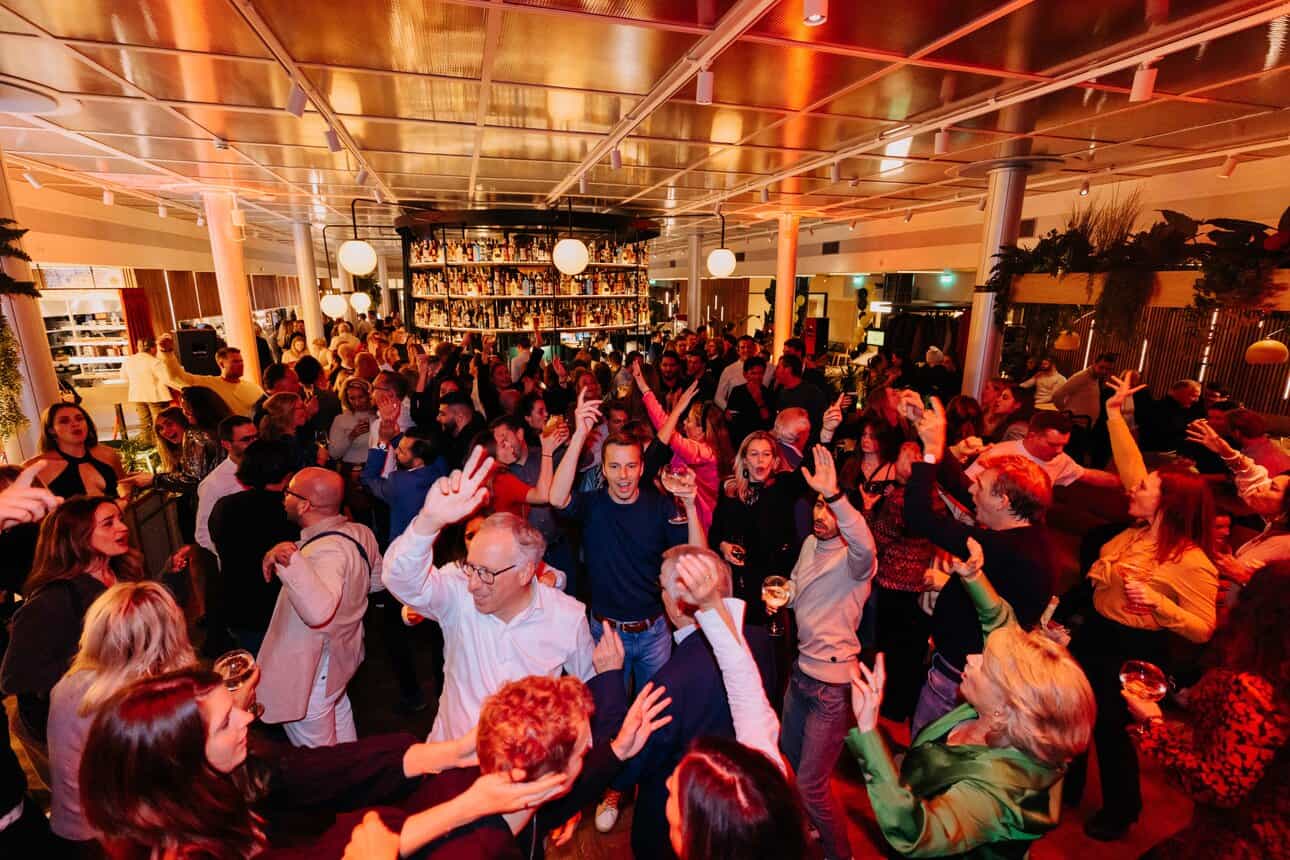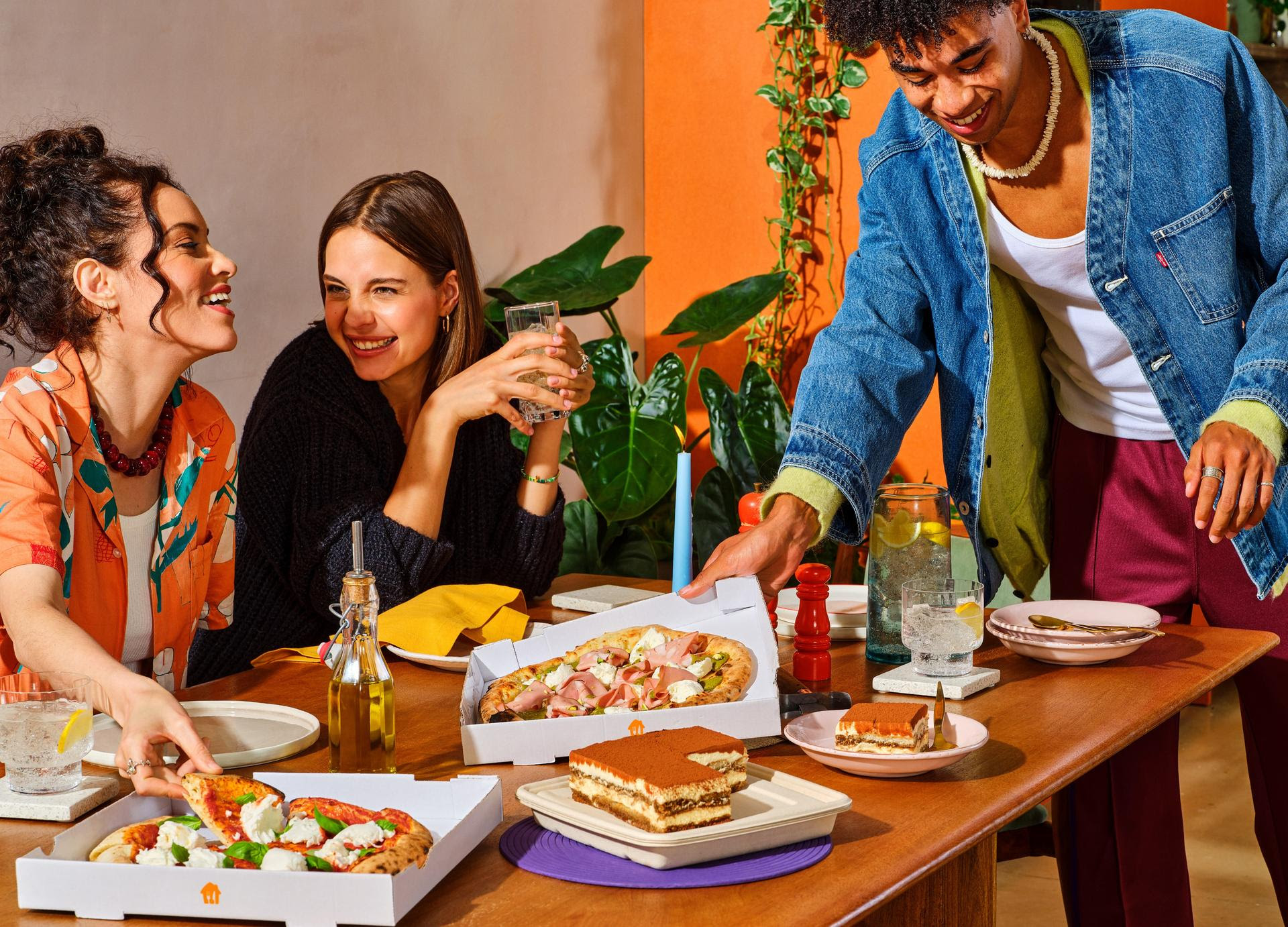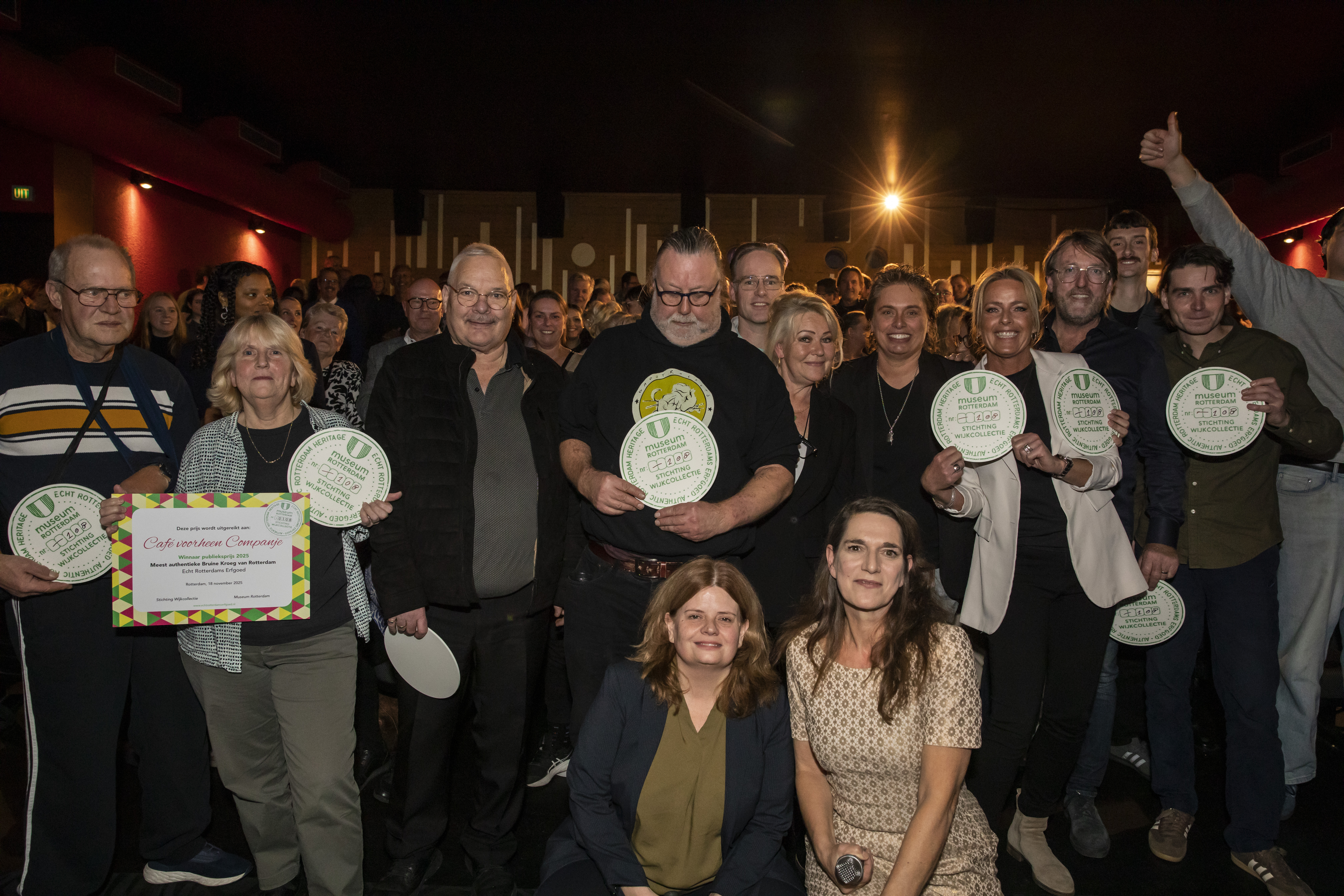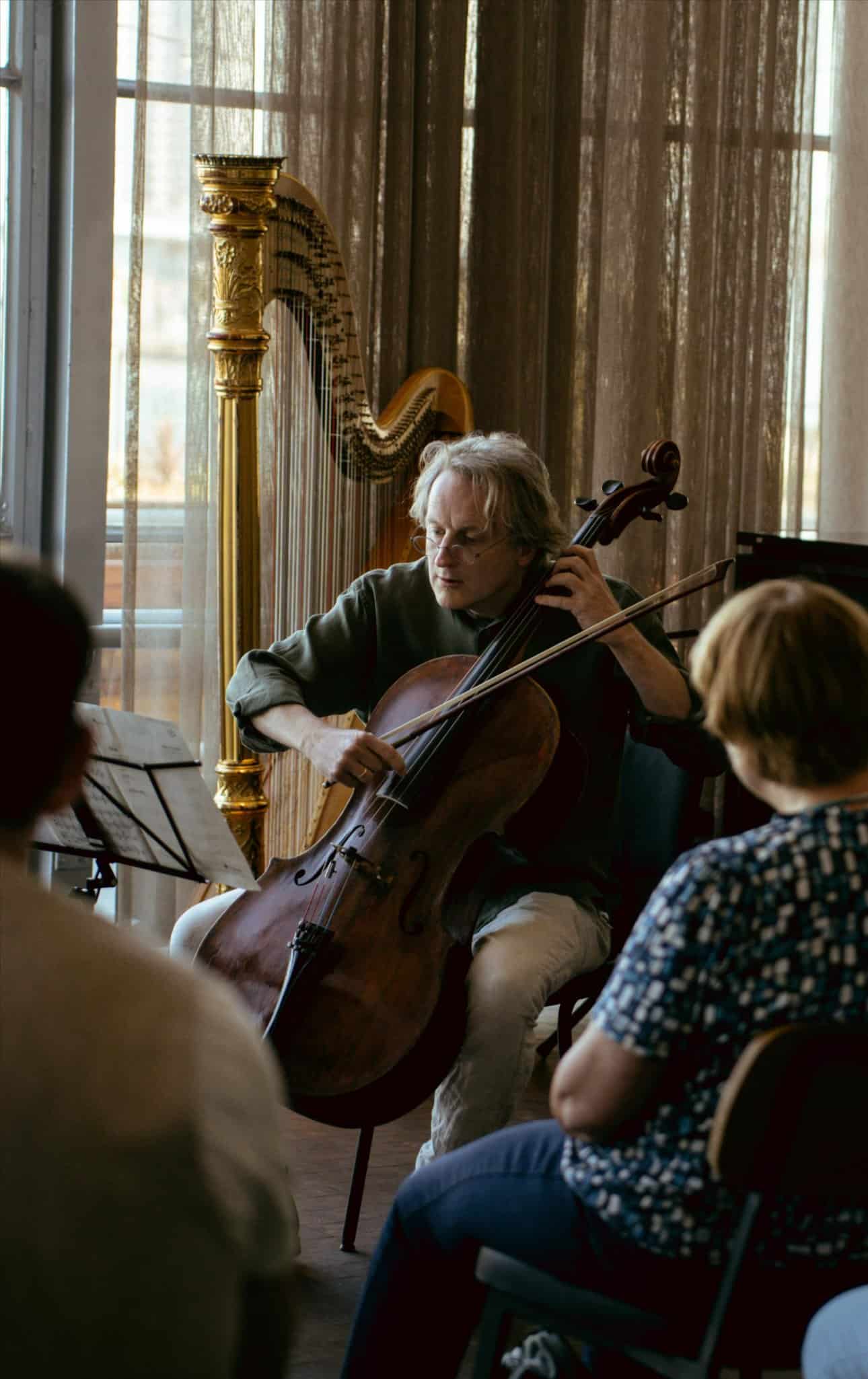Oliebollen, a beloved Dutch New Year’s treat, hold a special place in Rotterdam’s festive traditions. Mobile stalls across the city offer this seasonal delight to eager locals and visitors.
What are oliebollen?
Oliebollen, or “oil balls,” are a quintessential Dutch treat traditionally enjoyed during the winter months, particularly around New Year’s Eve. These deep-fried doughnuts, made from sweet yeast dough, are typically filled with raisins or currants. Served warm and generously sprinkled with powdered sugar, they are a comforting snack to counter the chill of winter.
In Rotterdam, oliebollen are not just a snack—they are a cultural staple, readily available at bustling market stalls and temporary mobile vendors set up across the city.
A brief history of oliebollen
Oliebollen have a history that spans centuries. Their earliest recorded recipe appeared in 1667 in the Dutch cookbook De verstandige kock (The Sensible Cook), where they were called "oliekoecken" (oil cakes). By the 19th century, the name "oliebol" had become more common.
The origins of oliebollen are debated. Some believe they descend from fried dough prepared by Germanic tribes during Yule celebrations to appease spirits. Others suggest a link to the Portuguese Jewish community, whose sufganiyah, a Hanukkah doughnut, may have influenced the Dutch version.
Today, oliebollen are inextricably linked to Dutch New Year’s traditions, symbolising the transition from the old year to the new.
Rotterdam’s oliebollen tradition
Rotterdam is renowned for its vibrant oliebollen culture, with mobile stalls being a highlight of the season. These pop-up vendors, often family-run, pride themselves on producing freshly made oliebollen that draw long queues as New Year’s Eve approaches. Locals swear by their favourite stalls, with some even embarking on a citywide hunt for the "best" oliebollen.
Unlike tourist hotspots like the Markthal, mobile oliebollen stalls are seen as the heart of Rotterdam’s festive food scene. Located in neighbourhoods, near supermarkets, or in public squares, these stalls offer an authentic taste of the city’s traditions. Their simplicity and focus on quality resonate deeply with residents.
Cultural significance
Oliebollen hold deep cultural significance, particularly during New Year’s celebrations. Their round shape is said to symbolise continuity and the cyclical nature of time, making them an apt treat for welcoming the new year.
For many Rotterdammers, oliebollen-making is a cherished family tradition. Gathering in kitchens to mix dough, fry batches, and share stories is a way of strengthening familial bonds and preserving cultural heritage.
Modern twists on a classic
While the traditional raisin-filled oliebollen remain the most popular, some stalls and bakers experiment with flavours to cater to evolving tastes. Variations include apple-filled oliebollen, versions spiced with cinnamon or cardamom, and even savoury adaptations. These innovations add diversity while respecting the treat’s time-honoured roots.
Where to find oliebollen in Rotterdam
Mobile oliebollen stalls are an integral part of the Rotterdam festive season and can be found in nearly every neighbourhood. Whether you're strolling through the bustling city centre or exploring local shopping streets, you’re likely to encounter a nearby stall. These vendors are often set up in accessible locations, making it easy for everyone to enjoy this seasonal treat.
For instance, on the Peppelweg shopping street in Schiebroek, a popular oliebollen stall draws in locals year after year. Similarly, residents of Kralingen, Delfshaven, and other areas can rely on their own neighbourhood vendors. From supermarket car parks to bustling shopping areas, oliebollenkramen are a beloved fixture across Rotterdam.
More than just a seasonal treat
Oliebollen are more than just a seasonal treat—they are a deeply rooted part of Rotterdam’s identity. Whether purchased from a bustling mobile stall or lovingly made at home, they bring people together to celebrate tradition, family, and the arrival of a new year. As the festive season unfolds, the aroma of fresh oliebollen wafting through the streets is a familiar and comforting reminder of Rotterdam’s rich culinary culture.

